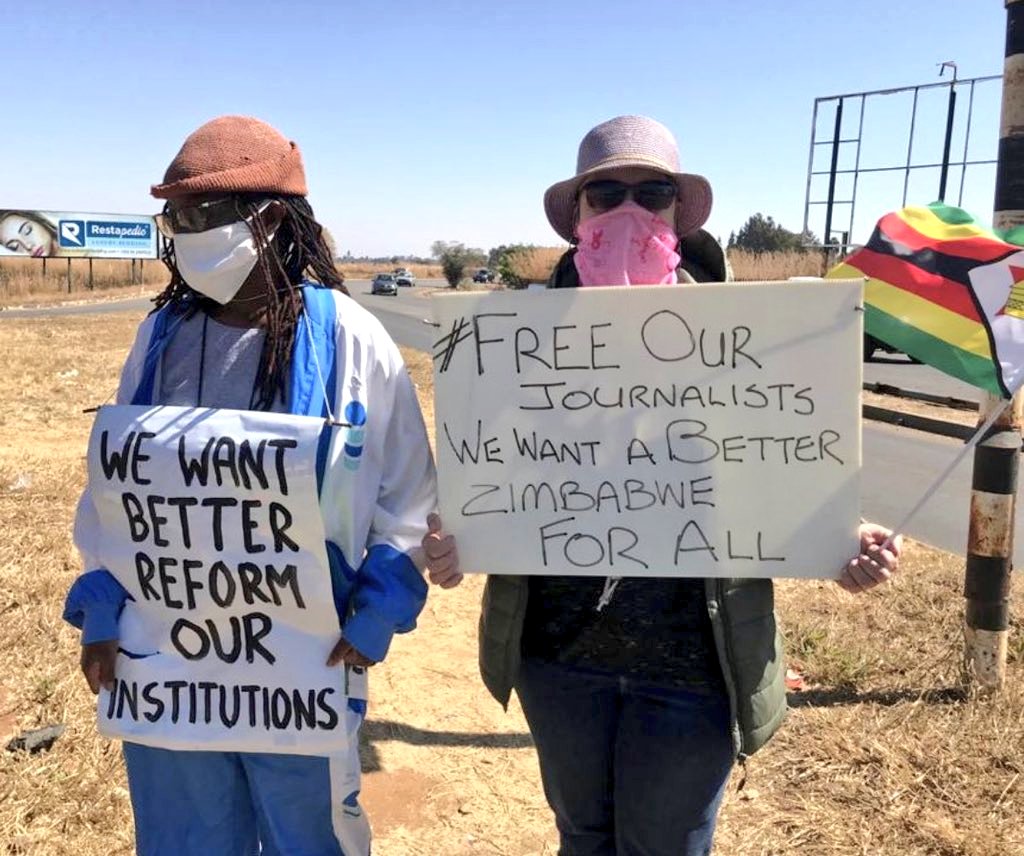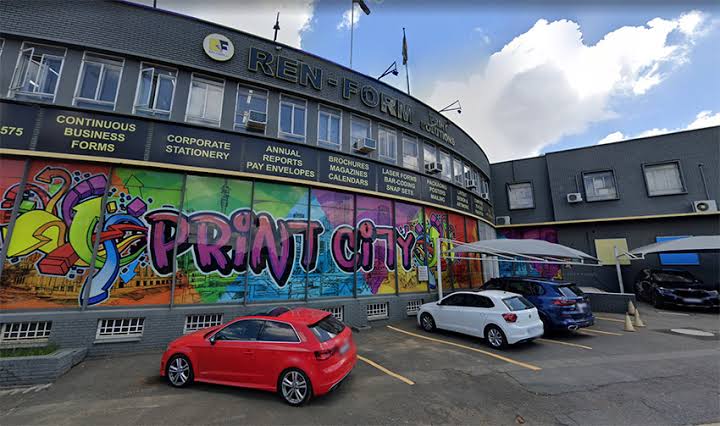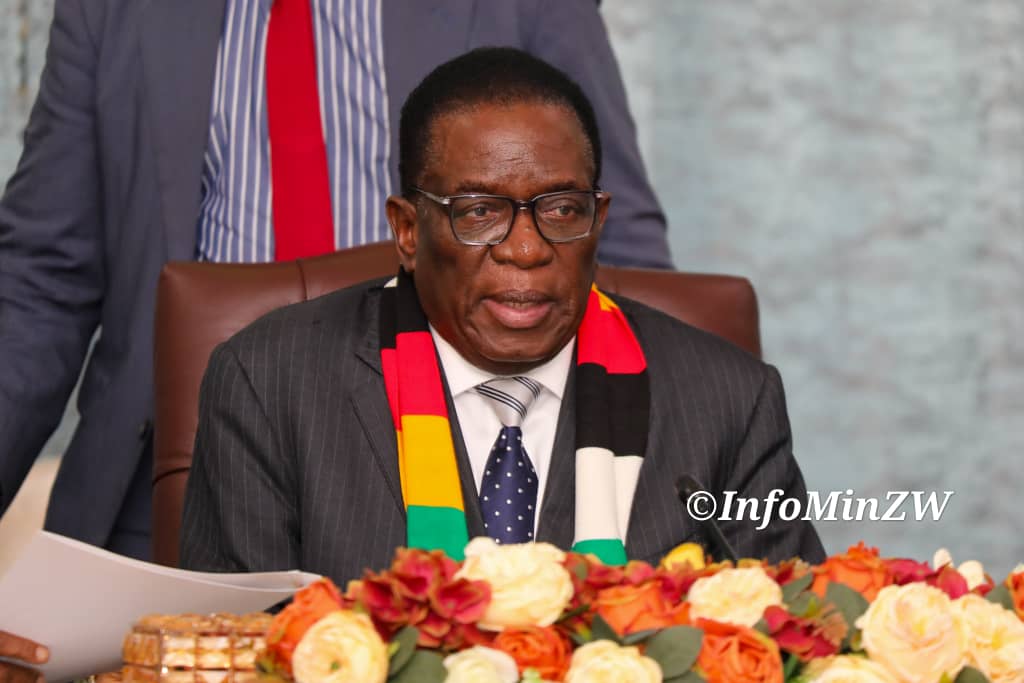HARARE – Renowned author, Tsitsi Dangarembga heaved a sigh after the High Court reversed her lower conviction last year for inciting public violence through a peaceful street demonstration against government corruption in 2020.
Dangarembga was arrested in July 2020 together with her neighbour, Julie Barns for holding a peaceful protest in Harare’s Borrowdale suburb.
The two were later convicted and fined ZW$70,000 in September last year by a Harare magistrate Barbra Mateko over the matter.
She appealed both conviction and sentence.
High Court judges of appeal Happias Zhou and Benjamin Chikowero ruled that Mateko was wrong in convicting and fining the two before setting aside the conviction.
Full reasons for the judgement will be provided in due course.
Dangarembga said her conviction affected her work and social life in a great way adding that she is now six months behind with her latest novel which was supposed to be out this month.
Peter Mutasa, Crisis in Zimbabwe Coalition director said,” It is good that they have been acquitted but that is no reason for us to rejoice. They were never supposed to be persecuted in this manner. They committed no crime, it was just abuse of state institutions aimed at silencing dissent.”
Dangarembga was represented by Advocate Harrison Nkomo and Chris Mhike.
She thanked the two attorneys for standing with her until she got cleared by the courts.
“I am immensely grateful to my excellent lawyers, Harrison Nkomo and Chris Mhike for pursuing justice in the case in which I was arrested on 31 July 2020 while protesting peacefully on Borrowdale Road together with my colleague Julie Barnes, which arrest was followed by months of degrees of deprivation of freedom through bail conditions and court hearings, leading to conviction in the Harare Magistrates’ Court on September 29, 2022 on charges of attending a meeting with intent to cause public violence, breach of the peace or acts of bigotry,” she said.
“In my view, this conviction was a blatant miscarriage of justice.
“The High Court ruling overturning the Magistrates’ Court verdict shows that justice was not served in the Magistrates’ Court.
“I am most encouraged that the High Court shows respect for the law of Zimbabwe as it is codified and I pray the High Court continues to serve the people of Zimbabwe by doing so.
“At the same time, I am mindful that the modus operandi of the Harare Magistrates’ Court continues to appear to be a practice of weaponisation of the law by the Zanu PF organisation that presides over Zimbabwean citizens, against those this Zanu PF organisation deems to be its opponents or threats to its apparent project of hi-jacking all political power in Zimbabwe.”
Dangarembga also expressed concern over incarceration and conviction of opposition activists saying this is unexpected in a democratic country.
“There is the case of Job Sikhala. Sikhala has been incarcerated for approaching a year, for what to all intents and purposes appears to be pursuing justice in the case of the murder of a woman by Zanu PF connected agents.
“Sikhala was recently convicted for obstructing the course of justice, and he continues to be incarcerated with other charges still hanging over his head.
“There is the case of Jacob Ngarivhume. Ngarivhume was incarcerated both before trial and after a conviction on charges of intent to cause public violence after calling for a demonstration against corruption, although he is on record in a tweet widely circulated on social media as insisting the demonstration must be peaceful.
“Meanwhile, corruption is a practice that is ruining the lives, livelihoods and prospects of millions of Zimbabwean citizens.
“There is the case of Fadzayi Mahere who was incarcerated pre-trial and was recently convicted of spreading false information as a result of re-tweeting a video in which a woman who held a limp baby in her arms grabbed a police officer by the scruff of their collar, while the crowd murmured that the policeman had killed the baby.
“While in Ngarivhume’s case, a video circulated on social media is ignored, in Mahere’s case, a video circulated on social media is used to effect a conviction,” she said.
















